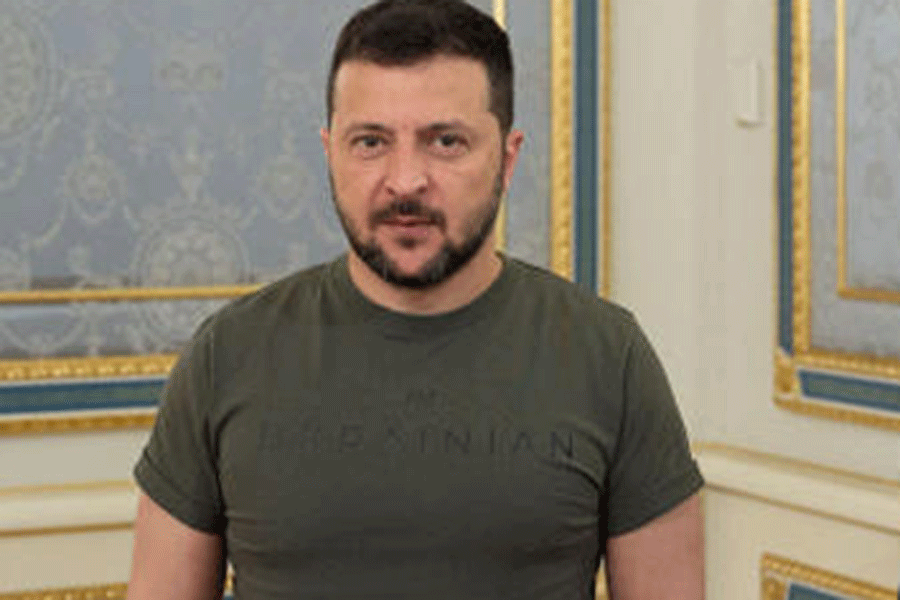Twenty months after Russia’s full-fledged invasion of Ukraine, unlikely political convergences are shaping the global response to the conflict. In parts of Germany, news reports suggest that the democratic socialist Left Party and the far-Right Alternative for Deutschland are both canvassing — and receiving support — on a shared theme: their opposition to sending weapons to Ukraine. This ideological alignment poses fresh challenges to the efforts of the chancellor, Olaf Scholz, to keep German support for the Ukrainian war effort intact. A country that since World War II has largely shunned military interventions, Germany has broken with its past to send Ukraine more wartime aid than any nation other than the United States of America. But political pressure from both the Left and the Right could make it harder to continue that policy without political risks at a time when Germany’s economy is expected to contract — the Ukraine war is a key reason for the crisis — and weariness with the conflict is growing.
These political winds in Germany are reflective of a broader shift that is underway in many parts of the world. In the US, hard-right Republican Party members of Congress managed to stall fresh funding for Ukraine as a precondition for the passage of a temporary budget bill that will keep the country’s government running until mid-November. There is no guarantee that the US Congress will approve fresh funding after that. Meanwhile, the anti-war, left-leaning group, Code Pink, has been campaigning against continued US military assistance to Ukraine which, it argues, only helps prolong the war and reduce the prospects of diplomacy to bring about peace. The group has been interrupting events held by mainstream socialist Democrats, such as Alexandria Ocasio-Cortez, who once railed against the party’s orthodoxy but have now fallen in line on Ukraine. Back in Europe, the left-leaning party of the former prime minister, Robert Fico, has emerged as the single largest party in recent elections, promising to pull back Slovakia’s support for weapons supplies to Ukraine. Mr Fico’s fellow Ukraine sceptics in eastern Europe include the Hungarian prime minister, Viktor Orbán, who is known for his right-wing leanings.
However, none of this is entirely surprising. Traditionally, far-Right politicians in the US and elsewhere have advocated more isolationist positions while the Left has been reticent to do anything that could extend a conflict. Amid a global economic crisis and growing inequality, many conservatives believe public funds should be spent on securing borders and on law and order; the Left wants that money to be spent on education, healthcare and job creation. Sentiments are also coinciding with a change in public perception of the war. In the US and several other nations, war fatigue is growing. Polls suggest decreasing support for an unending supply of funds and weapons for Ukraine. It is a critical moment in the Russia-Ukraine conflict. If sentiments against support for Ukraine harden, the very direction of the conflict could shift.











